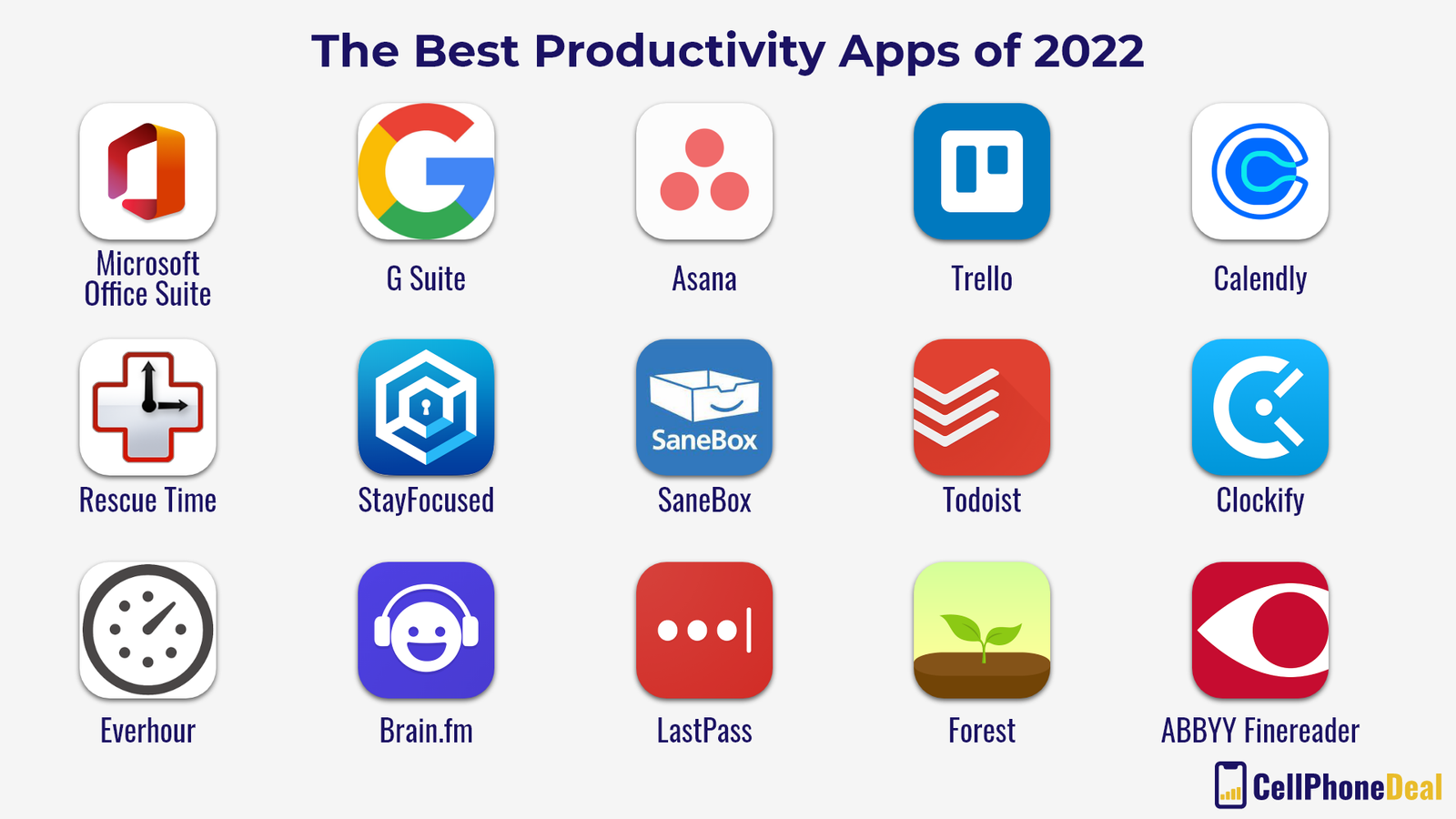How to Choose the Right Cloud Storage Service for Your Needs
Choosing the right cloud storage service is paramount for seamless data management, whether you’re a small business or an individual. Cloud storage has revolutionized how we store, access, and share data, but navigating the numerous options can feel overwhelming. This comprehensive guide will demystify the process, empowering you to select the ideal cloud storage solution tailored to your specific requirements. We will delve into different types of cloud storage, assess pricing models, and explore key features to help you make an informed decision. This guide will cover everything you need to know to select the right cloud storage service, including the key factors to consider and how to evaluate different cloud storage solutions. This article is organized as follows: First, we’ll define cloud storage and explore the common problems people encounter. Then, we’ll dive into various types of cloud storage solutions and examine crucial factors like pricing, security, and features.
Understanding Cloud Storage
Defining Cloud Storage
Cloud storage is essentially a service that allows you to store data on remote servers managed by a third party. Instead of storing data on your local computer or hard drive, you utilize the provider’s infrastructure. This has become an increasingly popular approach to data storage due to its scalability, accessibility, and cost-effectiveness. It enables users to access their data from anywhere with an internet connection, fostering collaboration and flexibility in today’s interconnected world. Essentially, you rent space on their servers to store your files.
Common Problems with Traditional Storage Methods
Traditional methods of data storage, such as physical hard drives or local network shares, often present limitations in terms of accessibility, security, and scalability. Regular backups are essential to prevent data loss, and storage capacity can become a constraint as the data volume grows. In a physical environment, there are concerns about theft or damage to hardware.
Evaluating Your Needs
Identifying Your Storage Requirements
The crucial first step in selecting the right cloud storage service is understanding your specific needs. Consider the amount of data you need to store, the frequency of access, the number of users who need access, and the level of security required. If you require high availability and need to access your data frequently, you might favor a service offering fast upload and download speeds. If your primary need is to securely archive documents or important records, the focus might be on security features. These questions need answering before choosing a provider.
Deciding on Access Requirements
Access requirements are also critical to consider. Do you need individual user accounts or shared access for a team? Collaborations and shared projects are often easier with features enabling real-time collaboration and file sharing. Different cloud storage providers offer various access controls, which need careful consideration.
Exploring Different Cloud Storage Types
Differentiating Between Public, Private, and Hybrid Cloud Storage
Different cloud storage solutions cater to diverse needs. Public cloud storage is the most common type, offering shared resources from a third-party provider like Google Drive, Dropbox, or Amazon Cloud Drive. Private cloud storage is a dedicated system typically utilized by large organizations that need complete control over their data infrastructure, where security is paramount. Hybrid cloud storage combines both public and private models, giving organizations flexibility to manage their data in a way that best suits their environment.
Specific Cloud Storage Providers
Numerous providers dominate the market, each with its own strengths and weaknesses. Factors like ease of use, security measures, and pricing play a role in your decision-making. For example, Google Drive is known for its ease of integration with other Google Workspace apps, while Dropbox excels at file sharing. Investigate specific providers like Microsoft OneDrive, iCloud, and others to see if they align with your needs.
Evaluating Pricing Models
Understanding Different Subscription Plans
Cloud storage pricing models vary greatly. You’ll find monthly or yearly subscriptions with tiered storage capacities. Some services offer pay-as-you-go models where you pay only for the storage you use. Understanding the pricing structures and how these models scale with your usage is essential. Reviewing the fine print concerning data transfer costs, data transfer limits, or data egress fees is part of the process.
Evaluating Data Transfer Rates and Costs
Also factor in data transfer rates, both in terms of uploading and downloading files. High-bandwidth access is often necessary for applications requiring rapid data exchange. Likewise, consider whether the price reflects the volume of data you plan to transfer, as high volumes may result in additional transfer charges.
Related Post : Essential Coding Tools Every Developer Should Know
Assessing Security Features
Importance of Data Encryption
Security should be a top priority when choosing a cloud storage service. Data encryption plays a crucial role in protecting sensitive data during transmission and storage. Ensure that the provider uses robust encryption protocols. This safeguards against unauthorized access and data breaches, critical for any cloud storage solution.
Evaluating Access Controls and Permissions
The level of granular control over access is a critical factor. A secure system enables you to manage user permissions to limit access to specific files or folders. Thorough access control features mitigate the risk of unauthorized data access.
Additional Considerations
Integration with Existing Systems
Consider the seamless integration of the chosen cloud storage service with your current software and applications. Look for APIs or integrations to streamline data transfer and management. This integration ensures that the cloud storage service works effectively within your existing workflow.
Customer Support and Help Resources
Robust customer support and readily available help resources are vital. Having support options available when you need assistance minimizes disruption to your workflow. The support system must be responsive and effective to address any questions or concerns promptly.
Choosing the Right Cloud Storage
Making a Final Decision
Ultimately, choosing the right cloud storage service involves careful evaluation of your specific needs, comparison of pricing models, and consideration of security features. Factors to weigh in your decision include scalability, accessibility, pricing, security, customer support, and integrations. Thoroughly investigate different services before committing to a single provider. Review customer feedback and ratings to gauge the experiences of other users.
Final Evaluation
Before making your final choice, compare cloud storage options side-by-side. Review the features offered by each service and decide which aligns best with your current and future needs. Carefully consider the security and reliability factors. Make the selection based on the most optimal fit for your budget, security concerns, and data requirements.
Conclusion
Frequently Asked Questions
In conclusion, choosing the right cloud storage service is crucial for businesses and individuals alike. By carefully evaluating your needs, considering pricing models, and comparing features, you can select a solution that effectively supports your data storage and accessibility requirements. Don’t hesitate to leverage free trials and explore cloud storage options further. This empowers you to make informed decisions and streamline your data management strategies.
Share this content:














Post Comment